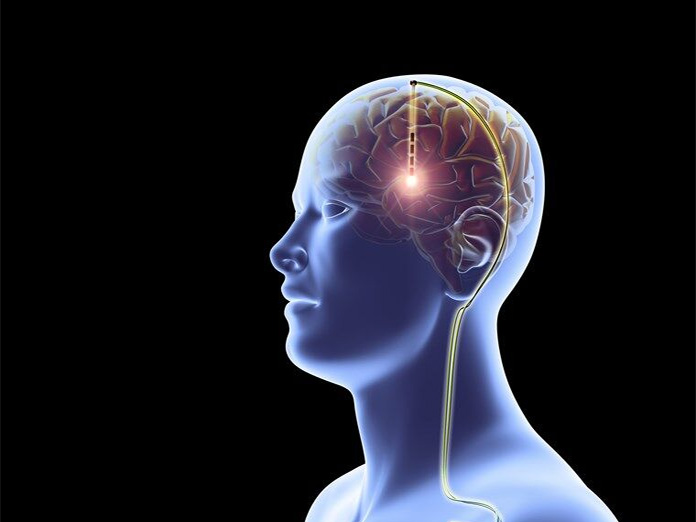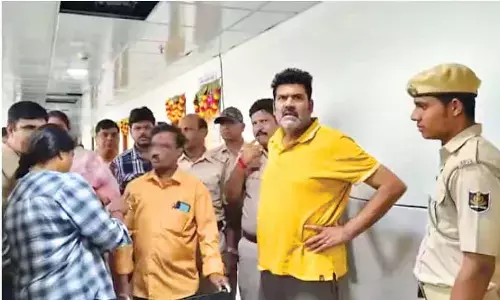Human brain works backwards to retrieve memories

When we remember a past event, the human brain reconstructs that experience in reverse order, according to a study which could help assess the reliability of eye witness accounts of crime scenes The study, published in the journal Nature Communications, reconstructed the memory retrieval process, using brain decoding techniques These techniques make it possible to track when in time a unique mem
When we remember a past event, the human brain reconstructs that experience in reverse order, according to a study which could help assess the reliability of eye witness accounts of crime scenes. The study, published in the journal Nature Communications, reconstructed the memory retrieval process, using brain decoding techniques. These techniques make it possible to track when in time a unique memory is being reactivated in the brain, said researchers from the University of Birmingham in the UK.
Understanding more precisely how the brain retrieves information could help better assess the reliability of eye witness accounts, for example of crime scenes, where people often are able to recall the overall 'gist' of an event, but recall specific visual details less reliably. The researchers found that, when retrieving information about a visual object, the brain focuses first on the core meaning -- recovering the 'gist' -- and only afterwards recalls more specific details.
This is in sharp contrast to how the brain processes images when it first encounters them. When we initially see a complex object, it is the visual details -- patterns and colours -- that we perceive first. Abstract, meaningful information that tells us the nature of the object we are looking at, whether it is a dog, a guitar, or a cup, for example, comes later. "We know that our memories are not exact replicas of the things we originally experienced," said Juan Linde Domingo, lead author of the study.
"Memory is a reconstructive process, biased by personal knowledge and world views -- sometimes we even remember events that never actually happened. But exactly how memories are reconstructed in the brain, step by step, is currently not well understood," Domingo said. During the study, participants saw images of specific objects, and then learned to associate each image with a unique reminder word, for example the word 'spin' or 'pull'.
The participants were later presented with the reminder word and asked to reconstruct the associated image in as much detail as possible. Brain activity was recorded throughout the task through 128 electrodes attached to the scalp, allowing the researchers to observe changes in brain patterns with millisecond precision.
The researchers trained a computer algorithm to decode what kind of image the participant was retrieving at different points in the task. "We were able to show that the participants were retrieving higher-level, abstract information, such as whether they were thinking of an animal or an inanimate object, shortly after they heard the reminder word," said Maria Wimber, senior author of the study. "It was only later that they retrieved the specific details, for example whether they had been looking at a colour object, or a black and white outline," Wimber said.




